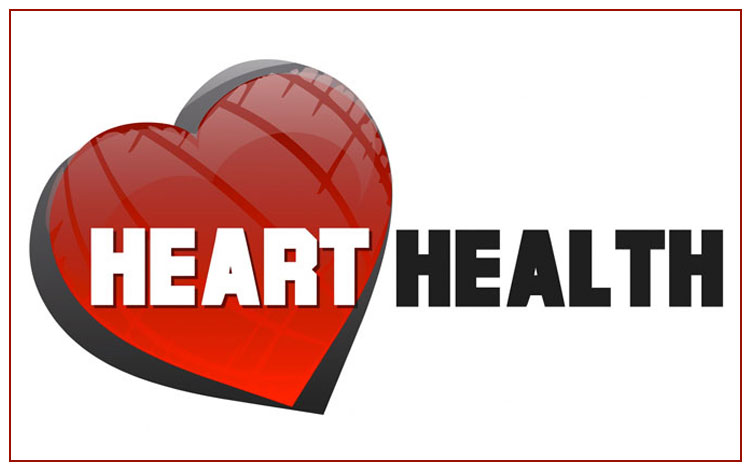
Health News
Features
-
Digesting the facts
Are you at risk for stomach cancer? There is really no way to know for sure if you are going to get stomach cancer. Certain risk factors may make you more likely to get it than another person. However, just because you have one or more risk factors does not necessarily mean you will get…
-
Q&A on preterm labor
What are the facts about preterm labor and births? Preterm birth is defined as those infants delivered prior to the completion of 37 weeks of an expectant mother’s pregnancy. Preterm birth occurs in approximately 12 percent of pregnancies. Preterm births occur spontaneously in the following cases: 40 percent after preterm labor 35 percent after preterm…
-
Why the HPV Vaccine?
Every two minutes, a woman dies of cervical cancer worldwide Cervical cancer and the HPV vaccine have entered the political debates around the country as well as discussions in the household. The current media firestorm surrounding the HPV vaccine has caused parents to question whether this new vaccine is right for their kids, or where…
Columns
-
Health Facts: Tired … thinning hair . . . tearful? It may be your thyroid gland
THE THYROID GLAND is a butterfly shaped organ that sits in the lower front of the neck. It’s job is to make thyroid hormones, which are secreted into the bloodstream and taken to every tissue in the body. Thyroid hormones regulate metabolism, energy levels, and affect your appetite, body warmth, sleep, and mood. Symptoms may…
-
Senior Care: Oral hygiene and its importance for your senior loved one
DENTAL HEALTH is important at any age, but it’s especially true for our senior populations. Today’s seniors likely didn’t have the benefit of fluoridated water and other products as children, and there are few healthcare programs that offer comprehensive dental care; both Medicaid and Medicare only offer scant coverage at best. The issue is so…
-
Editor’s Dose: Daily steps toward a healthier heart — so you don’t skip a beat
IN MY FAMILY, there is a history of a blood disease, which causes the person to produce too many red blood cells. This, in turn, causes the blood to be too thick, which puts the person at increased risk for heart attack or stroke. Although this rare condition is not linked to heart disease, it…


